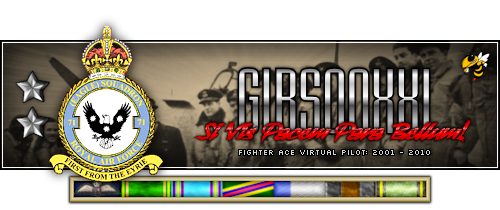2021-11-16, 22:54
(2021-11-13, 17:13)dpar Wrote: Just to throw it out there, I'm running DSM 7 on my DS1819+ using MariaDB 10, and don't have any issues whatsoever. I've been running it this way since DSM 7 came out. I'm also using SMB. So I would assume you had some type of issue with the DSM upgrade initially?Thanks, thats useful to know that there are some environments working fine. Could be a multitude of things causing the issue but couldn't get a great deal of sense out of Synology support and I haven't got the time to be going through Wireshark outputs line by line trying to figure out what calls are causing which delay at various points.
Certainly no issues with the DSM 7/MariaDB/SMB combination in general. In fact if anything I would say performance seems better in DSM 7 vs DSM 6.
Now I've downgraded back to DSM6 and followed Dans recommendations about tuning MariaDB, I've got a faster setup now. Synology interface was definitely running sluggish for me with DSM7.


